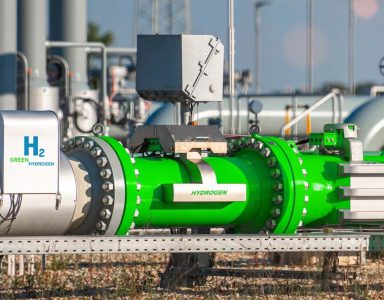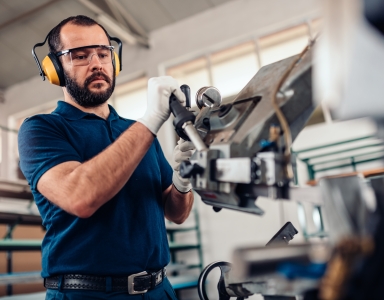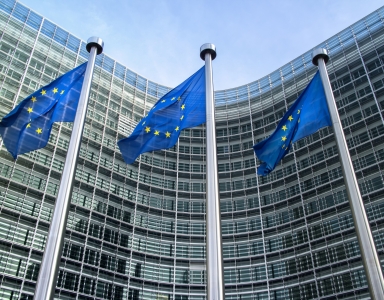Innovation Fund: a timely opportunity for SMEs in the upcoming call
The European Commission’s Innovation Fund (IF) is one of the world’s largest funding programmes supporting innovative low-carbon technologies. It is designed and overseen by DG CLIMA and implemented by CINEA, which manages the calls, evaluations, and project monitoring. The Fund is expected to mobilise around € 40 billion between 2020 and 2030 (depending on the carbon price), making it a central instrument of the EU’s climate and industrial strategy. The next Innovation Fund calls will be launched in early December 2025, and while large-scale projects often dominate the headlines, SME and small-scale projects now represent a unique opportunity.
SME and small-scale calls: undervalued but full of potential
Small-scale calls of the Innovation Fund, typically covering projects with a budget of € 2.5–20 million, remain an underused opportunity. While large-scale calls are consistently oversubscribed, small-scale calls have often been undersubscribed, leaving budgets partly unused. This creates a significant opening for SMEs, who currently represent about 22% of all applicants, but whose success rates remain relatively low in many countries.
The European Commission has made this a priority. At the Innovation Fund Stakeholder Consultation, two key objectives for the 2025 calls were confirmed: to improve geographical balance in the distribution of support and to increase SME and small-scale project participation.
Yet barriers remain: the complexity of the application and evaluation processes often discourages SMEs, who may lack the resources for comprehensive proposal preparation, including GHG emissions calculations and financial modelling.
To address these challenges, DG CLIMA and CINEA are considering several strategies:
- Application process: introducing a two-stage procedure with a lighter first stage (though this may extend the time-to-grant from 9 to 18 months).
- Empowering NCPs: enabling National Contact Points to assess project fit and guide applicants early on.
- Specialised support and incentives: expanding project development assistance and guidance, and potentially adding bonus points for SME-led consortia.
- Outreach and training: scaling up workshops, webinars, and collaboration with the Enterprise Europe Network (EEN), alongside dedicated Info-days and SME/SSP-focused events.
Together, these measures aim to simplify access, raise awareness, and provide targeted support so that SMEs and small-scale projects can make full use of the Innovation Fund’s potential.
Why SMEs should act
Besides higher chances of success, small-scale projects offer up to 60% of relevant costs covered, a very competitive funding rate compared to other EU instruments. They also have shorter implementation timeframes, meaning that their impact will be visible more quickly, both for the EU and for the SMEs leading them.
The next call will open in December 2025, with submission deadlines expected in spring 2026. SMEs should therefore begin preparing their concepts, gathering partners, and structuring their business plans now, to ensure readiness when the call launches.
How Hezelburcht can help
At Hezelburcht, we specialise in guiding SMEs through the complexities of EU funding. From concept shaping and business plan preparation to compliance checks and submission, we help maximise your project’s chances of success. If you are an SME developing low-carbon technologies, products, or processes, the upcoming Innovation Fund small-scale call is your opportunity to step into the spotlight. Contact us via info@hezelburcht.com or call us on 088 495 20 00 to explore how we can help you seize this funding and contribute to Europe’s path to climate neutrality.





